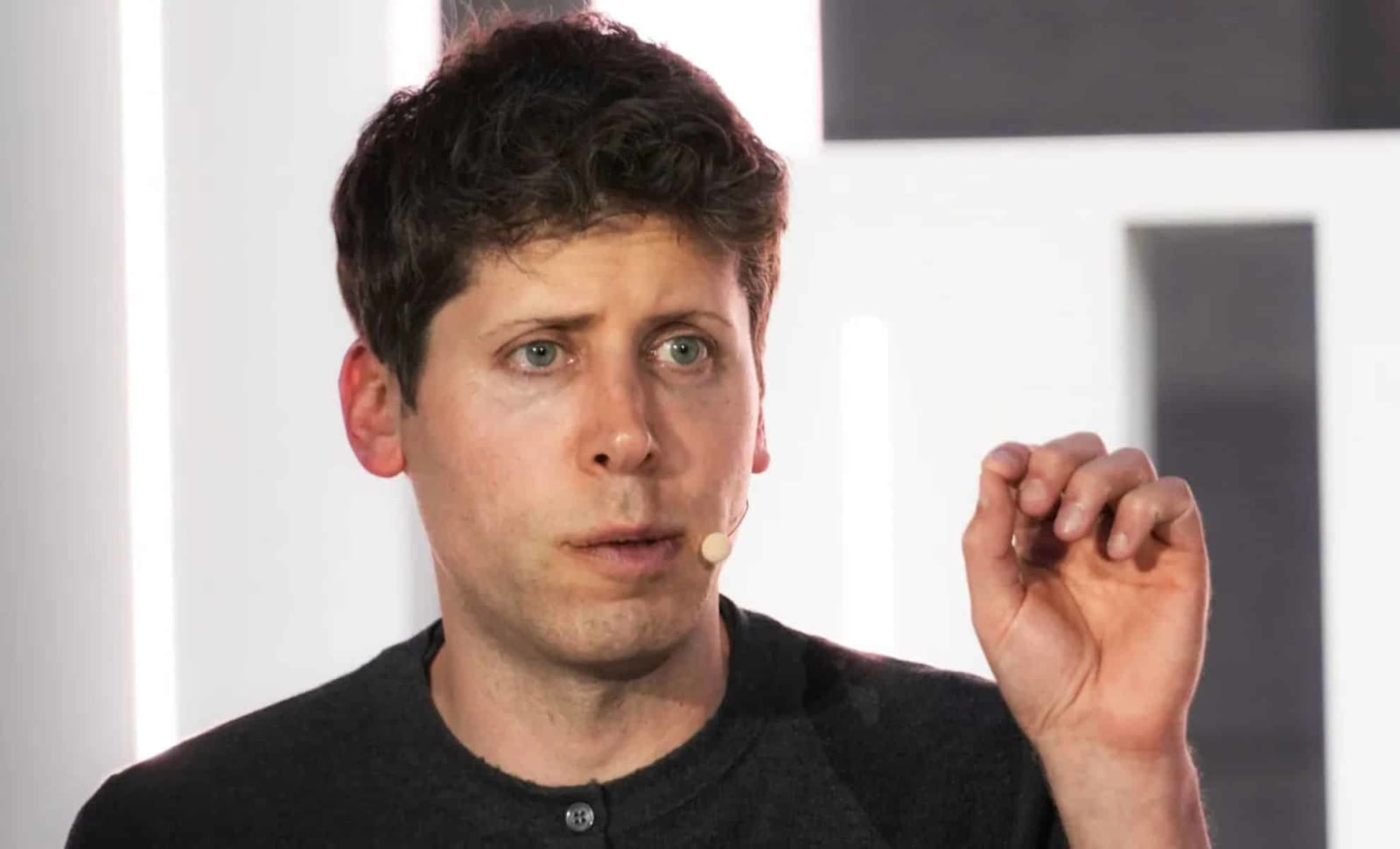Sam Altman: AI Outperforms Doctors in Diagnosing, But People Still Trust MDs

The Rise of AI in Healthcare
Artificial intelligence (AI) has made remarkable progress across various industries, but its impact on healthcare is particularly profound. From enhancing diagnostic precision to transforming the patient experience, AI is gradually reshaping how medical care is delivered. However, as AI becomes more advanced, questions arise about whether it can truly be trusted for something as vital as human health.
In recent years, AI has gained significant traction in healthcare, especially in diagnostic roles. Tools such as ChatGPT and specialized AI systems have shown the ability to analyze vast amounts of data and provide insights that are sometimes faster and more accurate than those of human doctors. These algorithms can review medical images, evaluate lab results, and even suggest diagnoses by identifying patterns within the data. One notable example is AI’s role in detecting rare diseases, where it can recognize patterns that even experienced clinicians might overlook.
Research consistently highlights that AI can outperform human doctors in specific tasks. For instance, Google Health’s mammography system has demonstrated superior performance in breast cancer detection compared to human radiologists. Similarly, AI applications in dermatology have achieved diagnostic accuracy comparable to top-tier dermatologists when identifying skin cancer.
Despite these impressive capabilities, AI is not without its limitations. In certain cases, it may misinterpret data, particularly when encountering new or unusual conditions. As a result, human oversight remains essential in interpreting AI's findings and integrating them into the broader context of a patient’s overall health.
Why People Still Prefer Human Doctors
While AI’s diagnostic skills are impressive, trust plays a crucial role in healthcare decisions. Studies show that many patients still prefer consulting a human doctor, even when faced with AI-powered diagnostic tools. This preference stems from the emotional, personal, and psychological aspects of care that AI cannot replicate. Although AI can provide an accurate diagnosis, it lacks the empathy and nuanced understanding that humans naturally bring to the table.
Sam Altman, CEO of OpenAI, recently noted that while ChatGPT often offers better diagnostic suggestions than human doctors, many people still prefer seeing a physician in person. His perspective emphasizes a key point: AI is an invaluable asset for diagnosis, but it cannot replace the human element of healthcare. Patients want to ask questions, express concerns, and feel heard.
Moreover, human doctors serve as intermediaries, helping patients navigate complex medical decisions and communicate with various specialists. While AI tools are highly accurate in specific scenarios, they cannot replicate the judgment and deep understanding that comes from years of medical training and patient interaction.
Ethical and Security Challenges of AI in Healthcare
Although AI has the potential to significantly improve healthcare, there are important ethical and security challenges that must be addressed. One major concern is data privacy. AI systems in healthcare require large volumes of patient data to function effectively, raising questions about who controls this information and how it is safeguarded. Ensuring that patient confidentiality is maintained at all times is critical.
Additionally, as AI tools become more integrated into healthcare, ensuring their security against hacking or misuse becomes increasingly important. There is also the issue of bias in AI systems. Since AI learns from data, if the data is skewed or incomplete, the recommendations generated by AI could also be biased. This has been a growing concern in various sectors, including healthcare.
For example, some AI models trained primarily on white patient data may not perform as well when diagnosing patients from different racial or ethnic backgrounds, potentially leading to health disparities.
Will AI Replace Human Doctors?
The question of whether AI will replace human doctors is not a simple yes or no. AI is undoubtedly changing how healthcare is delivered, particularly in areas like diagnosis and treatment recommendations. However, the future of healthcare is likely to involve a partnership between human expertise and AI technology. The goal is not to replace doctors, but to create a symbiotic relationship where AI supports doctors in making faster, more accurate decisions, while doctors provide the necessary human touch that patients need.
As AI continues to evolve, it may actually increase the demand for medical professionals in other areas. With routine tasks like diagnosis becoming more automated, doctors and healthcare professionals will have more time to focus on patient care, complex decision-making, and improving health outcomes. This shift could lead to a more efficient and patient-centered healthcare system.
Post a Comment for "Sam Altman: AI Outperforms Doctors in Diagnosing, But People Still Trust MDs"
Post a Comment